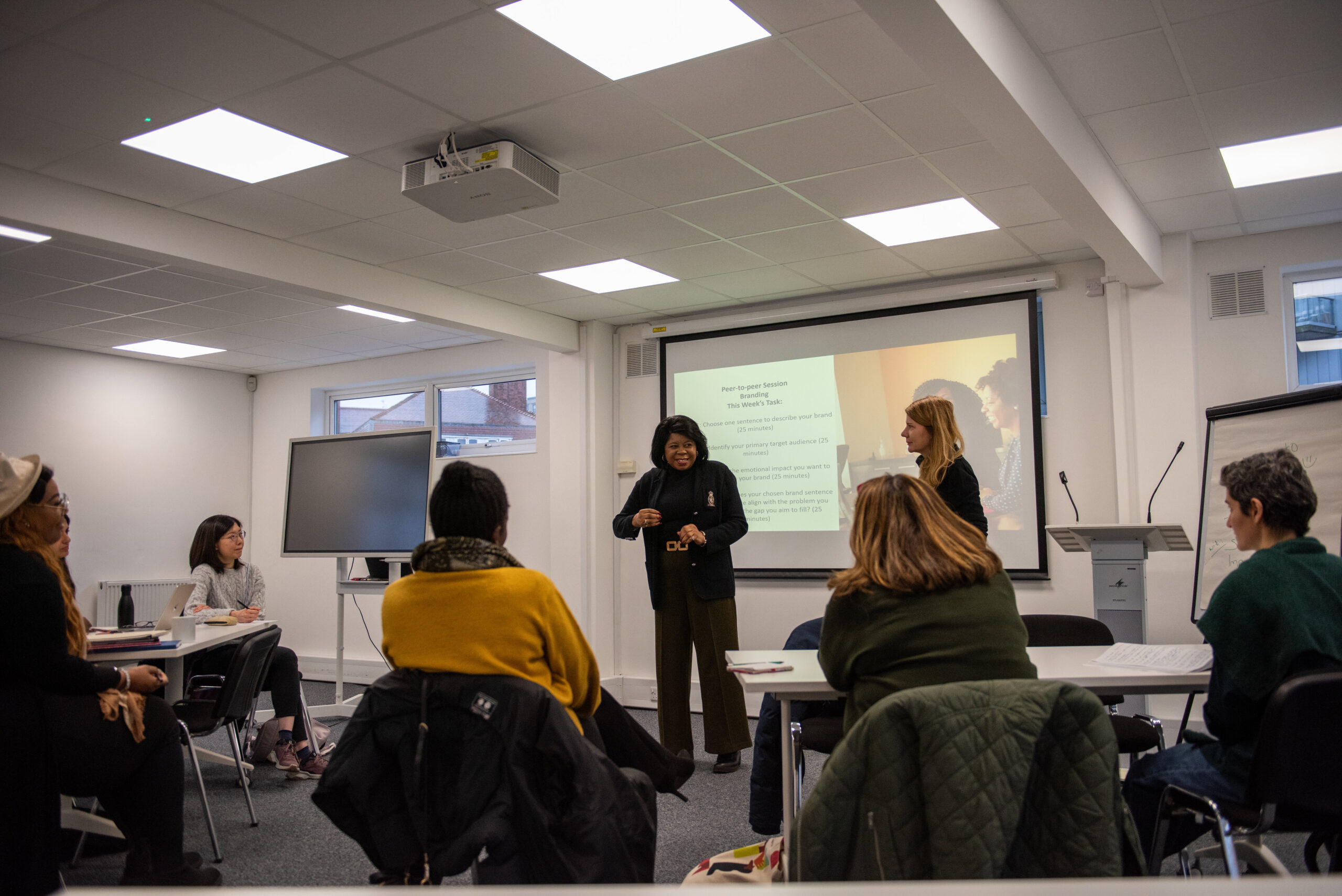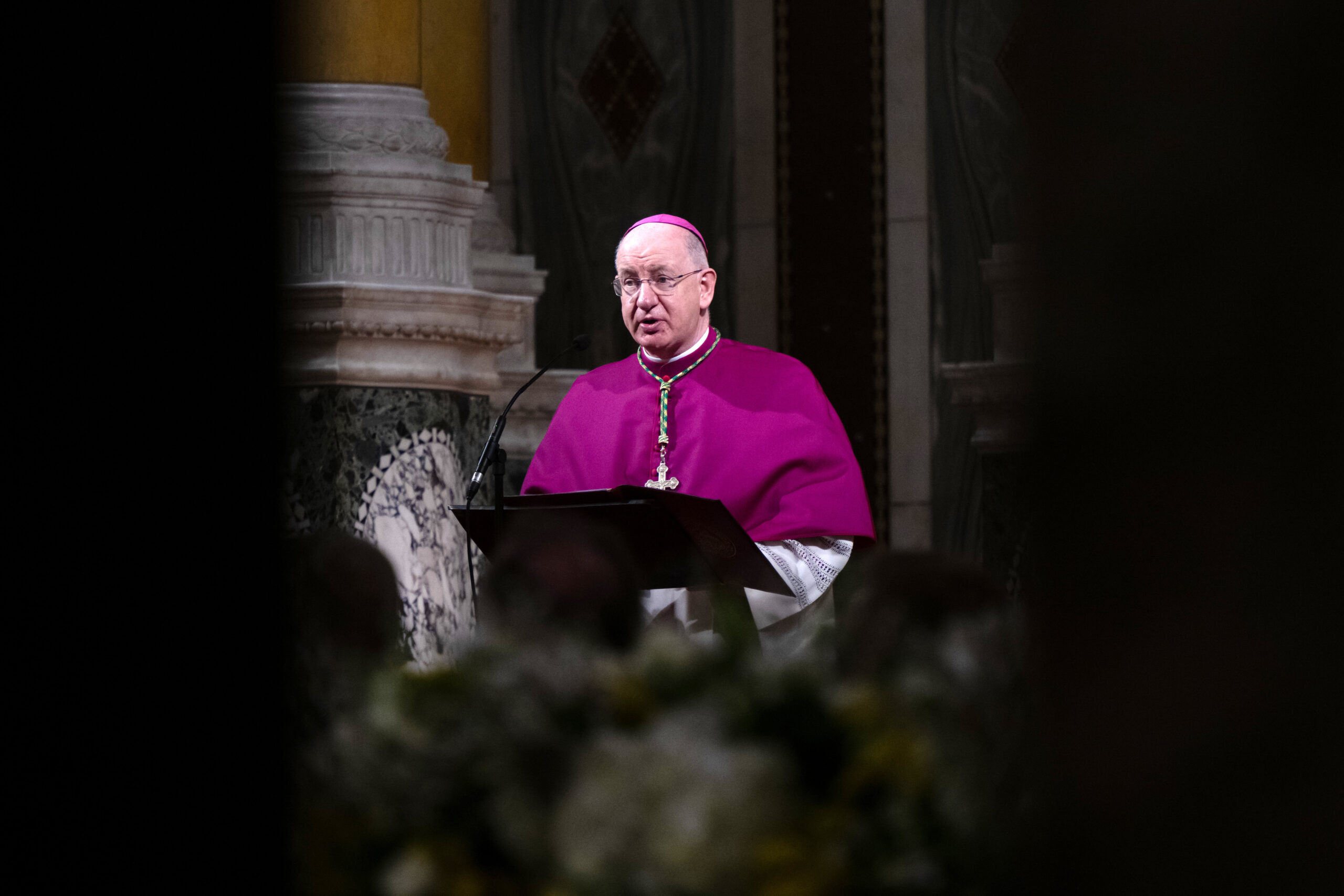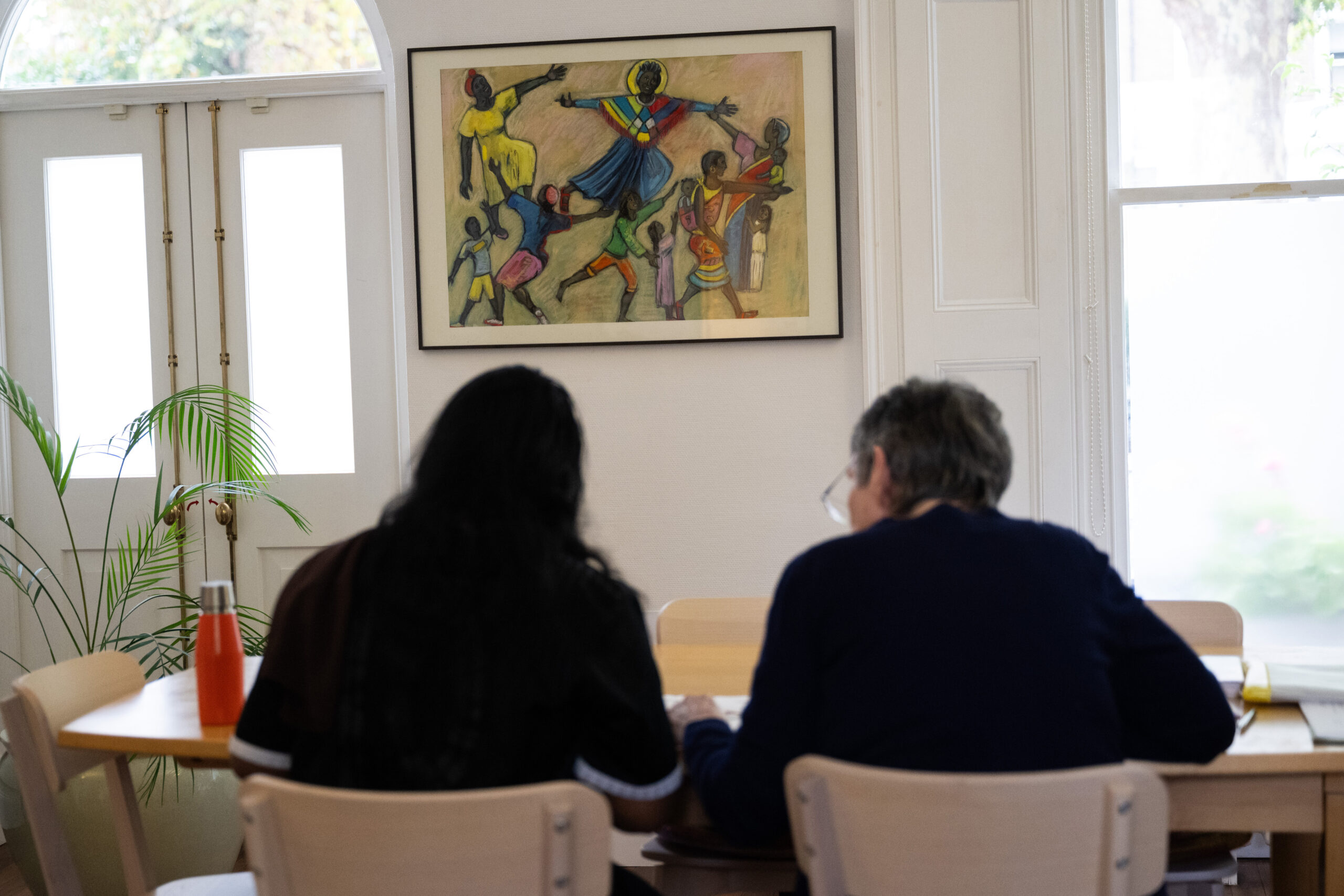
photo credit: Marcin Mazur
To say we are living in economically uncertain times might be an understatement. But behind that rather news-room phrase are people whose lives are being badly affected. Inflation is at 9.4%, driven by fuel costs which are picked up by manufacturing, travel, commercial and domestic users. Come October the price cap on energy for domestic users will go up again so that the average household may be facing an annual bill for gas and electricity of £3,600 – an increase of over 400% on previous years.
We know that rising prices, whether on housing, fuel, food, travel, child care or other essentials, disproportionately affect low income individuals and families. The Trust for London’s recent work on the Minimum Income Standard (MIS) highlights the reality that:
- 41% of Londoners have an income below the MIS. This means that 3.62 million Londoners are living in households with inadequate income.
- Higher living costs such as housing and childcare make reaching an MIS more expensive in London. While some costs in London are similar to other urban areas in the UK, others such as housing and childcare are much more expensive. Consequently it costs between 15% and 56% more to reach a minimum decent standard of living in London than in the rest of the UK.
- Over a million children in London are growing up in households below MIS. Children in lone parent households are far more likely to be living below the level.
It is clear from the work of the Trust for London that many more people are finding it hard to manage financially. In such circumstances, horizons narrow and choices diminish, especially for children and people with disabilities and those who cannot work due to ill health or long-term conditions.
The IMF recently downgraded the UK’s growth target for the next 12 months, suggesting recession and all that comes with it including job losses. So, the situation looks bleak.
The question we must ask ourselves as Church is how should we respond to the crisis?
Our faith demands that we respond by standing alongside each other for the common good. This means we help practically where we can but also strategically and tactically with other like-minded groups. We highlight and point to injustice and systemic unfairness.
Throughout our 200 plus communities in London and Hertfordshire we can highlight good works which help those who are already facing the fallout from these crises. Our work is deeply relational and based on getting to know the people who use our services, listening to them and building services together. The Caritas Food Collective, a network of food projects throughout London and Hertfordshire and our supermarket voucher scheme, helps to meet the immediate need for food. Alongside we are training money champions to signpost people to professional support agencies for debt advice. We will be promoting the reach of Credit Unions to provide access to fair loans and the opportunity to save.
The prospect of a recession brings with it the spectre of unemployment and redundancies. Caritas Westminster has two programmes focussed on dignified work, helping people to prepare for work and also supporting people to start their own ethical businesses. Those who find themselves struggling to cope can apply for a Caritas Grant through their parish or one of our partners.
Our activities are focussed on helping communities and individuals to build up their resilience to the challenges they face. But at the same time we are helping create places where people feel they are safe and where they belong. We know that economic exclusion also brings social exclusion. It diminishes our health and well-being and undermines our human dignity. As Church we will do everything we can to stop this happening. We will speak out when we see things that undermine human dignity. We will be advocates for people who find it hard to get heard. We will join campaigns to improve living standards for all people. Through working together with like-minded groups and partners we will tell the stories of the people we walk with.

John Coleby is the director of Caritas Westminster




